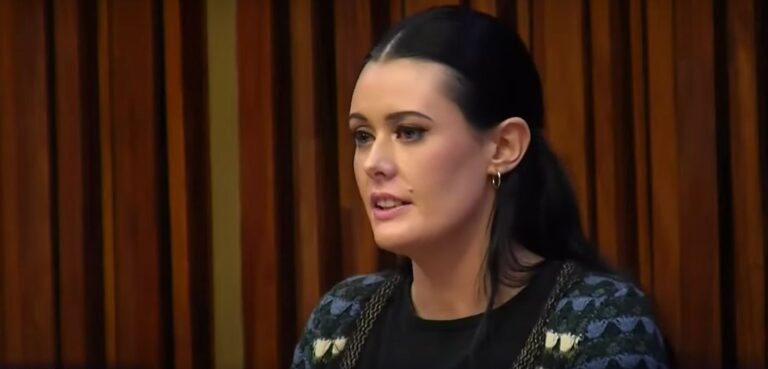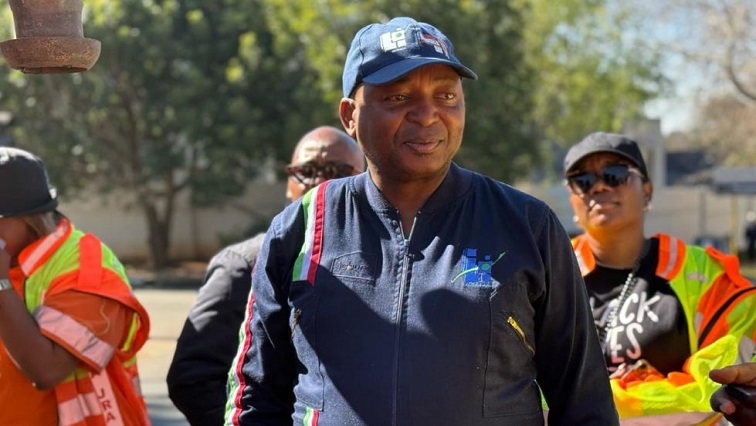
South Africa Faces Lottery Blackout After Court Rejects NLC’s Urgent License Appeal
South Africa faces a potential lottery blackout as the Pretoria High Court has dismissed the National Lotteries Commission’s (NLC) request to extend Ithuba Holdings’ operator license, expiring May 31. This ruling raises concerns over the national lottery’s future, vital for community initiatives. Ithuba, the current operator, considers legal options after the NLC awarded the next license to Sizakhaya Holdings, despite Ithuba’s emphasis on local economic growth and community benefits.
Potential Impacts of Lottery Blackout
The Pretoria High Court’s decision raises concerns about a potential lottery blackout, which could impact funding for community projects across South Africa. Uncertainty looms as May 31 approaches.
Local businesses and charity organizations rely on the national lottery for support, making the court’s ruling a critical issue for many stakeholders. The future of these initiatives hangs in the balance.
“This decision contradicts principles of localization and inclusive economic growth,” Ithuba stated, expressing fear that a gap in services may harm the community projects financially.
Ithuba’s Legal Response and Future Strategies
Ithuba Holdings, the current lottery operator, is reportedly considering legal action in response to the High Court’s ruling. They hope for clarity regarding their operating license.
The company has voiced dissatisfaction over the NLC’s decision to award the license to Sizakhaya Holdings, arguing it undermines their established lottery system focused on community benefit.
“Ithuba has the necessary infrastructure to ensure a secure National Lottery,” said Michelle van Trotsenburg, highlighting the company’s commitment to maintaining operations and supporting local economies.
The Pretoria High Court’s dismissal of the NLC’s urgent application has cast a shadow of uncertainty over South Africa’s national lottery, potentially leading to a temporary blackout. This decision could jeopardize vital community initiatives, underscoring the need for clarity and prompt action from the authorities.
Let us know your thoughts by leaving a comment below!
Don’t forget to share this article with others who may find it helpful.







